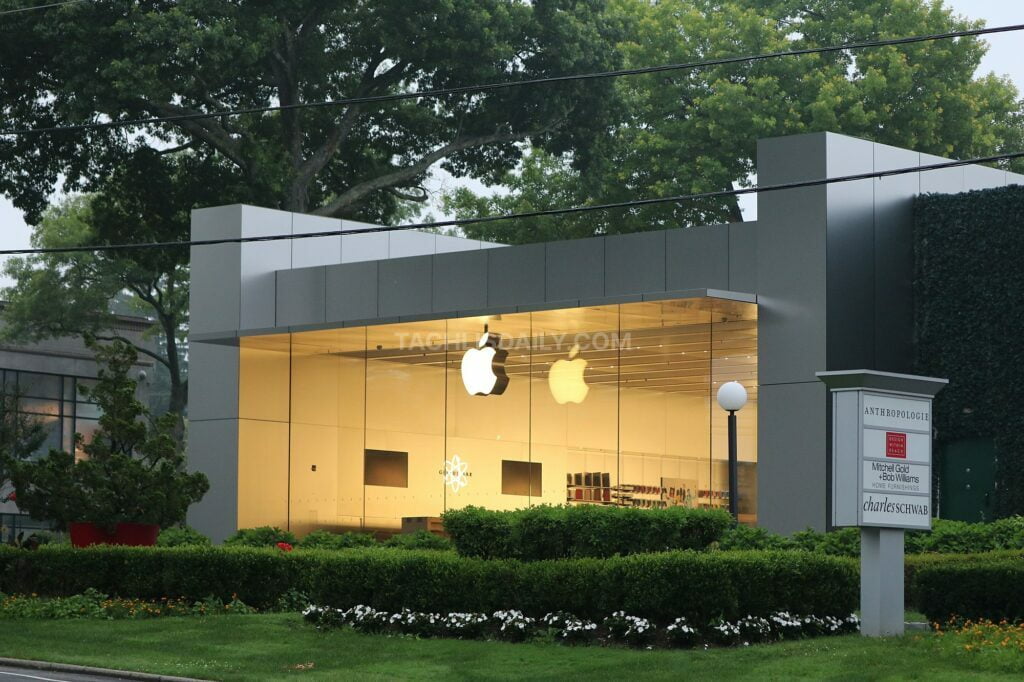Apple is preparing to showcase its highly anticipated iPhone 16 lineup at its annual hardware event this Monday at 1 p.m. ET. This year’s event, teased with the cryptic motto “it’s glow time,” is expected to highlight the tech giant’s advancements in generative artificial intelligence (AI) features, a technology that enables users to create text and images with ease. These innovations mark Apple’s most significant leap into AI yet, following its earlier announcement of the “Apple Intelligence” system. Investors and consumers alike are eager to see how these updates will impact the user experience and whether they’ll make the iPhone 16 a must-have upgrade.
Apple has kept details under wraps, but the main attraction is expected to be the integration of generative AI capabilities within the iPhone 16. Features like natural conversations with Siri, AI-generated email drafts, and more intuitive photo search functions are rumored to be on the way. The pressure is on Apple to not only impress its fanbase but also to prove it hasn’t fallen behind in the AI race, especially as competitors have already incorporated similar technology into their products.
Since the release of the iPhone 12 in 2020, which introduced 5G connectivity, Apple has struggled to offer compelling reasons for consumers to upgrade to the latest models. Many of the improvements in recent years have been incremental, with phone cameras and screen resolutions already advanced enough for most users’ needs. Consequently, iPhone sales, which constitute about half of Apple’s revenue, have slowed. However, Apple’s stock has seen a 14% boost since the “Apple Intelligence” announcement in June, signaling investor optimism about the potential of these new AI features.
Analysts estimate that around 300 million iPhones globally haven’t been upgraded in over four years, providing Apple with a massive opportunity if it can deliver a product that justifies an upgrade. Though the event may also include updates to other products like AirPods or Apple TV+, analysts believe the real focus will be on the iPhone upgrade cycle.
Rumors suggest that the iPhone 16 could feature not just AI capabilities but also some subtle design changes, such as a wider screen and updated edges. Additionally, reports hint at a dedicated camera button for enhanced photo-taking experiences. These design tweaks could help distinguish the iPhone 16 from its predecessors, giving consumers a visible reason to show off their latest purchase.
One of the big questions leading into Monday’s event is the price of the iPhone 16. For the past four years, Apple has kept the base price of new iPhones at $799. With the added costs of incorporating AI features, some analysts predict a modest price increase, though Apple will likely avoid a significant hike to prevent alienating customers.
In addition to the iPhone 16, Apple may unveil a thinner Apple Watch Series 10 with a larger screen, along with updated AirPods that offer more affordable options. New software updates, including gesture-based controls for AirPods and advanced health-tracking features for the Apple Watch, are also expected.
All eyes will be on Apple this Monday to see if it can deliver on the promise of AI and re-ignite excitement around its flagship product. If successful, the iPhone 16 could mark the beginning of a new era for Apple, both in terms of technology and user engagement.











